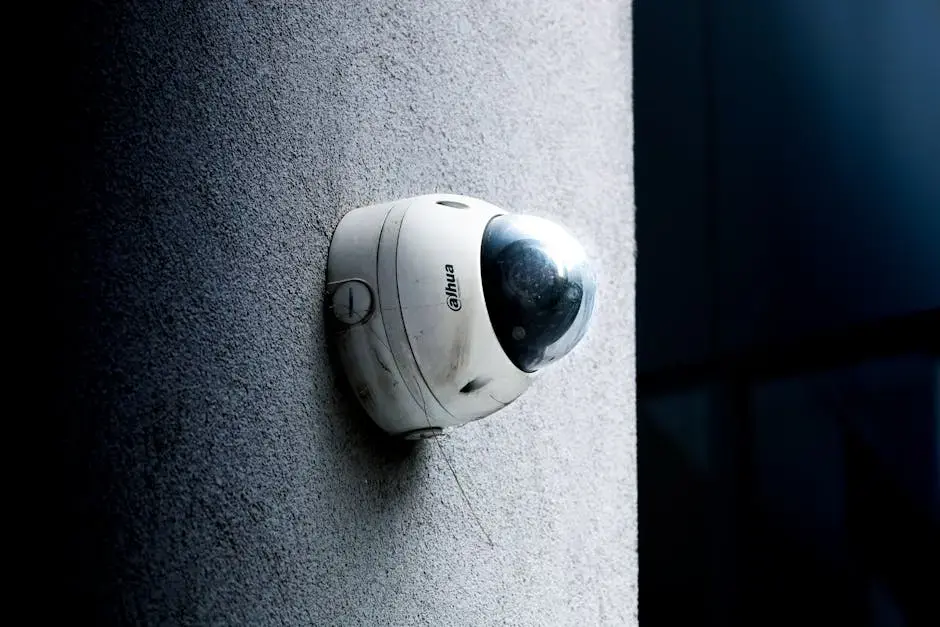Navigating the World of VIP Security: What You Need to Know
- VIP Close Protection
- May 11, 2024
- 3 min read
Understanding VIP security
VIP security involves providing protection and safety to high-profile individuals or groups. This type of security goes beyond the usual measures to ensure the safety of important individuals. VIP security personnel are trained to handle potential threats and prevent any harm from coming to their clients. They are skilled in risk assessment, threat intelligence, and emergency response. Understanding VIP security is crucial for those who require such services to ensure their safety and peace of mind.

Importance of VIP security
VIP security is crucial for protecting high-profile individuals from potential threats and ensuring their safety. VIP security provides personalized protection for individuals who may face risks due to their status or profession. It involves assessing security risks, creating tailored security plans, and implementing measures to prevent harm. VIP security teams are trained to anticipate and respond to security breaches swiftly and effectively. By prioritizing VIP security, individuals can go about their daily activities with peace of mind and confidence in their safety.
Common threats faced by VIPs
VIPs often encounter various security risks in their daily lives. These threats can include kidnapping, assassination attempts, harassment, and cybersecurity breaches. It is crucial for VIPs to have a comprehensive understanding of these potential dangers to effectively mitigate risks and ensure their safety and security.
Roles and responsibilities of VIP security personnel
VIP security personnel play a crucial role in ensuring the safety and well-being of important individuals. Their duties include conducting security assessments, developing security plans, conducting advance checks, providing close protection, monitoring for potential threats, and coordinating with law enforcement agencies when necessary. These professionals are trained to be vigilant, proactive, and ready to respond swiftly to any security concerns that may arise.
Qualifications required for VIP security jobs
To work in VIP security, you typically need previous experience in law enforcement, military, or security fields. Training in emergency response and crisis management is important. Strong communication skills and the ability to remain calm under pressure are also necessary. Additional qualifications may include:
Proficiency in defensive driving techniques
Knowledge of firearms and self-defense tactics
Understanding of threat assessment and risk management
Ability to adapt to different environments and cultures
Employers may also require candidates to undergo background checks and obtain specific licenses or certifications depending on the jurisdiction.
Training and preparation for VIP security
VIP security professionals undergo rigorous training to prepare them for any situation. They are trained in risk assessment, defensive driving techniques, first aid, and firearms handling. In addition to physical training, they also receive instruction on security protocols and emergency response procedures. VIP security personnel must constantly stay updated on current threats and trends to ensure the safety of their clients.
Technologies used in VIP security
VIP security utilizes a range of advanced technologies to enhance protection. Surveillance cameras, often equipped with facial recognition capabilities, are crucial for monitoring and identifying potential threats. Access control systems, such as biometric scanners or smart cards, regulate entry to secure areas. Alarm systems provide instant alerts in case of breaches. GPS tracking devices ensure real-time monitoring of VIPs' locations. Cybersecurity tools are also essential to safeguard digital information.
Implementing a VIP security plan
When implementing a VIP security plan, it's essential to first identify the specific security needs of the VIP individual or group. This includes assessing their level of risk and the potential threats they may face. Once the security needs are identified, the next step is to develop a comprehensive security plan that outlines the necessary security measures to ensure the VIP's safety. This plan may include 24/7 surveillance, armed guards, secure transportation, and background checks for staff. Regular security drills and updates to the plan are crucial to adapt to changing circumstances and ensure the effectiveness of the security measures in place.
Case studies of VIP security incidents
VIP security incidents provide valuable lessons for enhancing protection protocols. Studying past cases helps security teams understand vulnerabilities and improve response strategies. Case studies offer real-life scenarios that highlight the importance of thorough risk assessments, proactive planning, and swift decision-making. By analyzing these incidents, security professionals can identify common patterns, assess the effectiveness of security measures, and implement necessary adjustments to safeguard VIPs effectively.
Conclusion: Key takeaways about VIP security
After reading this blog about VIP security, remember these key takeaways:
VIP security is crucial for the well-being and safety of high-profile individuals.
Understanding the specific security needs of each VIP is essential for creating a tailored security plan.
A comprehensive security team with expertise in various aspects of security is vital for effective protection.
Regular assessments and updates to security protocols are necessary to adapt to evolving threats.
Prioritizing discretion and confidentiality is fundamental in VIP security operations.




Comments